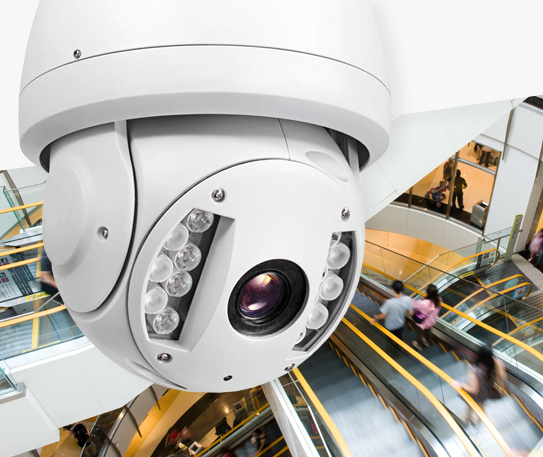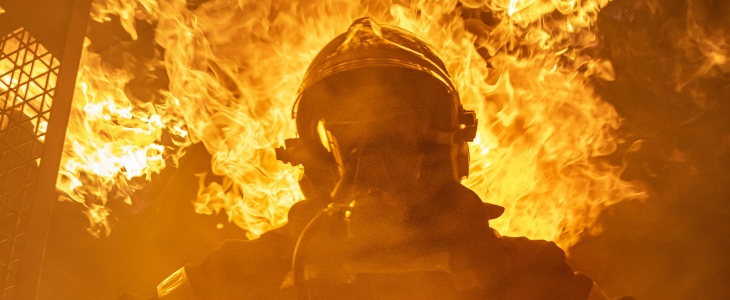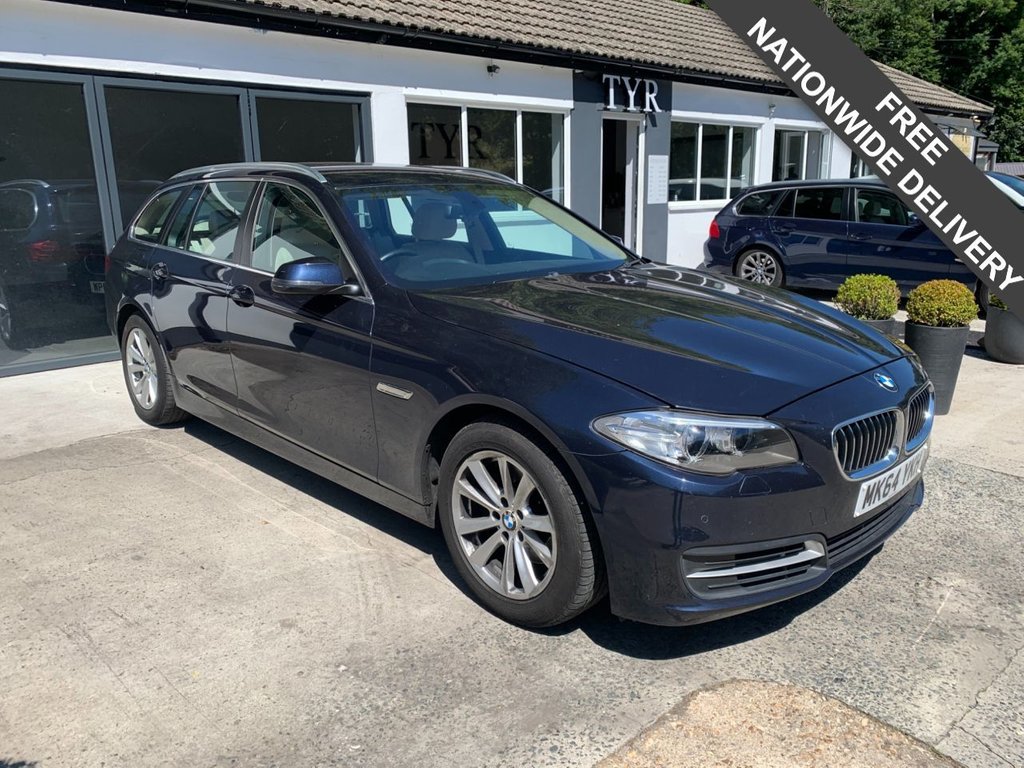10 ways to keep your home secure when away on holiday 10 ways to keep your home secure when away on holiday

There are many things on your mind when going on holiday.
In the frenzy of packing, finding your passport, and double checking your travel plans, it can be easy to forget about the home you will be leaving behind.
Coming home from a holiday is never fun, but finding out that you have been the victim of criminal activity is devastating.
Here at Central FS, we are one of Scotland’s leading security experts and have put together this guide to the top 9 ways that you can keep your home secure whilst you are away.
Following this advice will give you peace of mind to enjoy your well-deserved break without constantly worrying about what might be going on back home.
Top 9 holiday security tips
1. Leave your curtains open
Making it appear as though someone is at home whilst you are on holiday is essential to avoiding being targeted by criminals.
Many people believe that closing curtains and hiding the valuables within is a good idea when leaving the property unoccupied but the fact is that having your curtains closed constantly for several days at a time is a clear indication to criminals that no-one is home.
Furthermore, once a burglar has gained access, they will be able to move around and search for things to steal without any risk of being seen by neighbours or passers by.
2. Don’t advertise your absence
In the excitement of preparing for a holiday it can be tempting to tell everyone you know about your upcoming break.
When chatting on the bus or posting on social media, however, you just never know who might be taking notes.
Try and keep your holiday on the quiet until you return, at which point feel free to go wild with your Instagram pictures.
3. Hide valuables
As mentioned above you should try and keep your curtains open when on holiday, but this does mean that opportunistic criminals will be able to take a peek inside your home.
Even if your home does appear inhabited, the sight of valuables such as laptops, tablets, and jewellery lying about inside might be too tempting for them to resist attempting to break-in.
Therefore, any smaller valuables should be hidden well out of sight of ground floor windows when on holiday, in a sock drawer, under a bed, or somewhere similar.
4. Stay Insured
If you are planning to be away for more than 14 days there is a good chance that your home insurance may not cover you if something happens after this point.
If you are unsure about whether you will be covered by your insurance firm after a certain point, make sure to get in touch before you go away.
5. Cancel regular deliveries
If you have any regular deliveries left outside your front door such as milk or newspapers, remember to ask for them to be halted until you return or arrange for someone to pick them up on your behalf.
A pile of papers, or a number of milk bottles sitting outside a property is a clear sign to criminals that no-one is currently inside.
6. Trim your garden
In a similar way to a build up of deliveries, long grass and untrimmed shrubbery can indicate a lack of ongoing activity in a property.
Make sure to cut the grass and clear away weeds before jetting off on your break.
7. Invest in a home security system
There are many home security technologies than can be used to keep your home protected when no-one is home.
The most effective of these include cctv installation glasgow, intruder alarms, and motion detection lighting.
Thanks to the joys of mobile technology, you will be able to check on the status of your home security from anywhere in the world, getting notifications on any alarm activations and accessing your live CCTV feeds straight from your mobile device.
8. Talk to your neighbours
Having a good relationship with your neighbours can be invaluable when you go on holiday, keeping an eye out for any suspicious activity.
You could also ask if they wouldn’t mind parking outside your home whilst you are away to give the impression that someone is at home.
9. Enjoy!
Once you have taken all these precautions you will have done everything that you can to protect your home whilst you go on holiday.
All that is left for you to do now is to relax and enjoy your well-deserved break in the knowledge that the chances of your home being the target of criminal activity are as low as possible and that you will be alerted to any incidents in real time.
If you have any questions or for more information on home security, contact Central FS today

